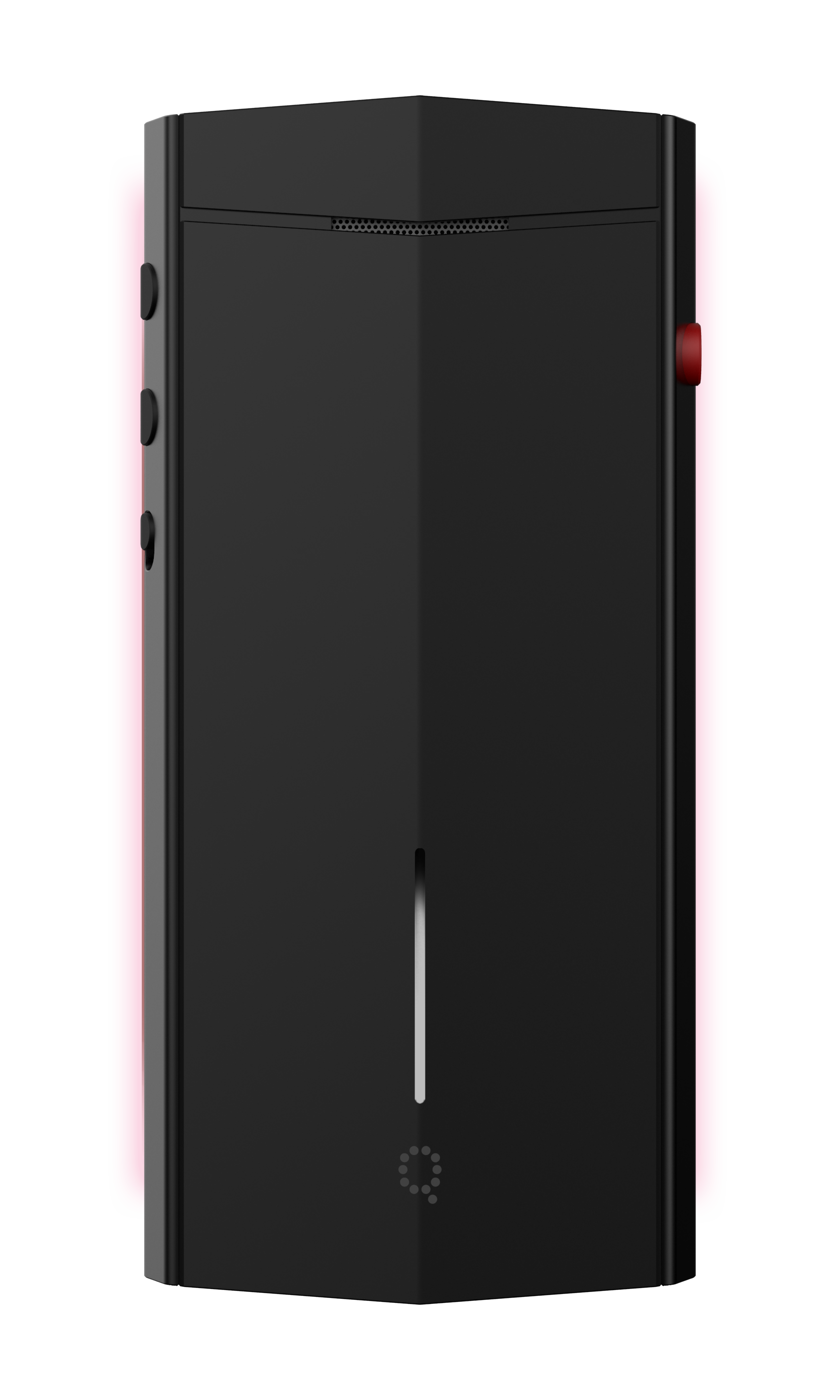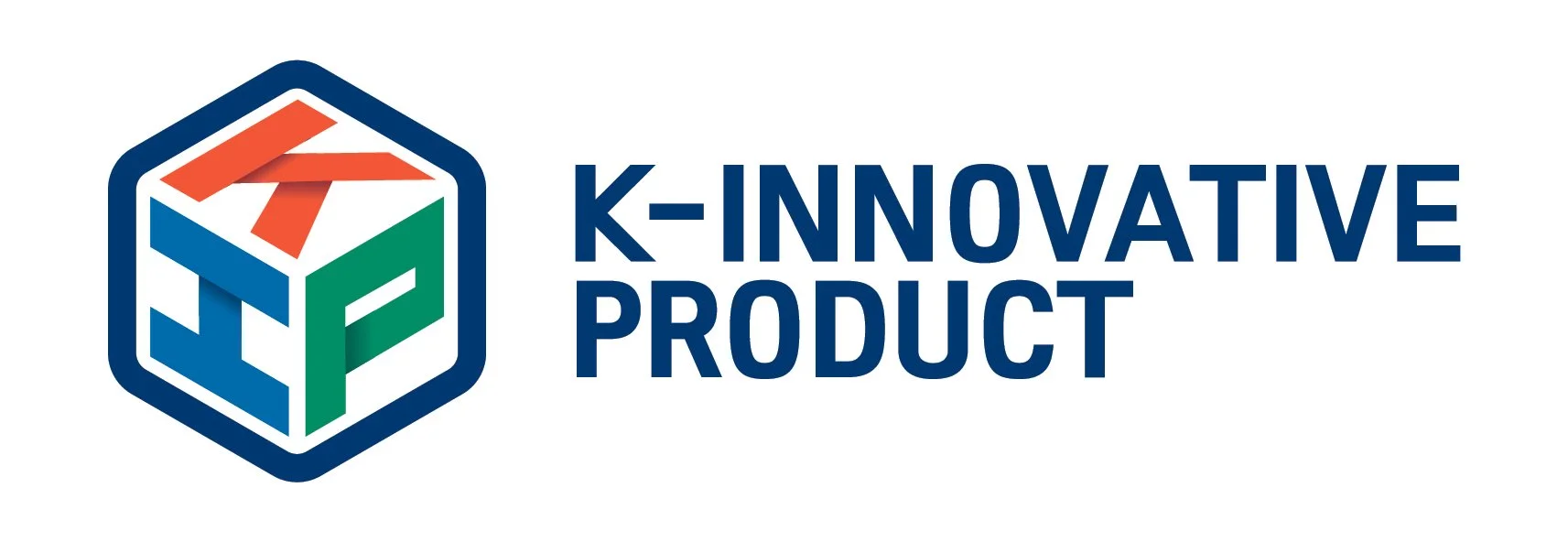
Cipher
Smartphone eavesdropping prevention solution
Solution for confidential communication using personal smartphones
Quantum Shieldz® Cipher™ is a standalone real-time voice encryption device that operates by connecting to the user's personal smartphone via Bluetooth.
It securely encrypts the user's voice during a call using an encryption key generated by a Quantum Random Number Generator (QRNG). The encrypted communication is then transmitted to the recipient through the smartphone's communication channel, effectively blocking eavesdropping through spyware or unwanted recordings.
Typically, dedicated encrypted phones (confidential communication devices) are inconvenient because they require users to use a separate device from their own mobile phone. Quantum Shieldz® Cipher™ offers a simple yet robust communication solution that allows users to utilize their own smartphones while maintaining strong security.
Cipher™ Voice Encryption and Decryption Process
The powerful quantum encryption keys used for voice encryption in Cipher™ are generated and destroyed within Cipher™ for each call, designed to make eavesdropping through hacking impossible.
The dedicated Cipher™ app can be downloaded for free from the app store, and during encrypted calls, it also locks the microphone of the smartphone to prevent recording by the other party.
Cipher™ Product Description
-
• Real-time voice encryption and decryption (preventing hacking and eavesdropping)
• Equipped with KCMVP (National Intelligence Service verified encryption module)
• Quantum cryptographic key generation based on Ewha Womans University QRNG
• Easy installation and use of dedicated app
• Possible to establish a closed network for groups (with purchase of dedicated server)
-
• Size (W x L x H): 44 x 95 x 11 (mm)
• Weight: 60 g
• Connection Method: Bluetooth 5.0
• Power: Up to 6 hours of standby time, 5 hours of continuous talk time
• Battery: 1,000mAh lithium-ion, USB-C charging
-
• Government agencies requiring security such as military and police
• Politicians, journalists, businesspeople dealing with classified information
• Key executives and departments handling corporate confidential information
• Lawyers involved in ongoing cases or legal firm clients
• General individuals concerned about hacking and eavesdropping due to personal reasons






